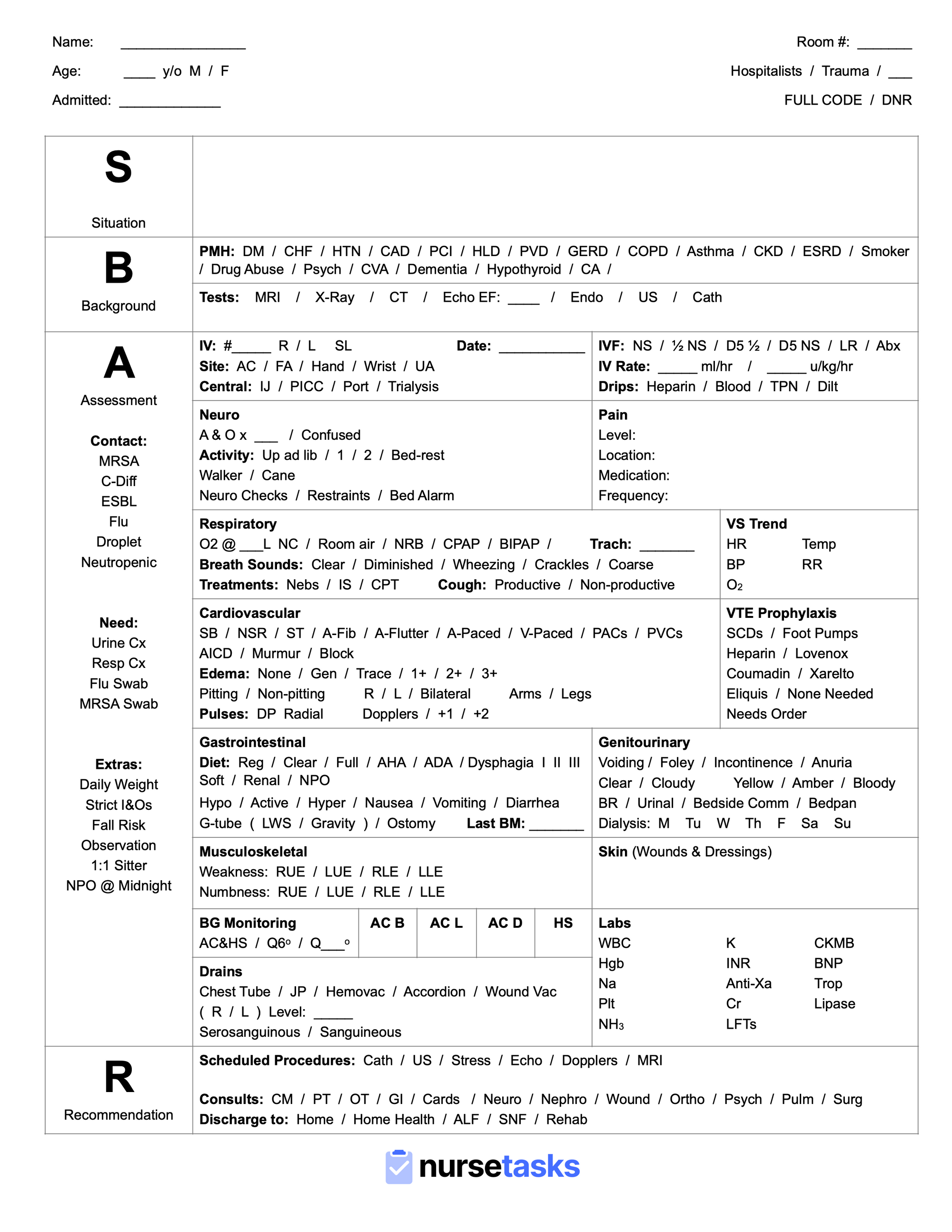What to Expect During a Typical ICU Nursing Shift

Common ICU Nursing Tasks
Working as a nurse in the intensive care unit (ICU) can be both challenging and rewarding. A typical ICU nursing shift can be long, intense, and emotionally demanding. Here are some common tasks you can expect during a typical ICU nursing shift.
Patient Assessment and Monitoring
The first thing you will do as an ICU nurse is to assess your patients. You will check their vital signs, such as blood pressure, heart rate, respiratory rate, and temperature. You will also monitor their level of consciousness, oxygen saturation, and pain levels. These assessments are vital to ensure that your patients are stable and responding well to treatment.
Medication Administration
As an ICU nurse, you will be responsible for administering medications to your patients. You will need to be familiar with a range of medications and their side effects. You will also need to be able to recognize adverse reactions and respond appropriately. You will administer medications through a variety of routes, such as intravenous, oral, and inhalation. Expect to manage complicated medication regimens like titrated drips and sedatives.
Documentation
Documentation is a vital aspect of your role as an ICU nurse. You will need to keep accurate records of your patients' condition, progress, and treatment. Documentation is essential for ensuring continuity of care and providing a clear record of the patient's treatment history.
Collaboration with Healthcare Professionals
ICU nursing is a team effort. You will work closely with other healthcare professionals, such as doctors, respiratory therapists, and physiotherapists, to ensure that your patients receive the best possible care. You will attend rounds with the medical team to discuss each patient's progress, update their treatment plans, and identify any issues that need urgent attention.
Family Support
As an ICU nurse, you will provide emotional support to both the patient and their family members. You will answer their questions about the patient's condition, explain the treatment plan, and help them cope with the stress and uncertainty of the situation.
Critical Thinking and Decision-Making
In the ICU, situations can change rapidly, and you will need to be able to think on your feet and make quick decisions. You will need to use your critical thinking skills to assess the situation, evaluate the available information, and make the best possible decision for your patients.
Handoff Report
Towards the end of your shift, you will start preparing for the handoff to the next nurse. This involves reviewing each patient's care plan, ensuring that all necessary documentation is complete and up-to-date, and briefing the incoming nurse on any issues or concerns that need urgent attention.

What kinds of medical devices do ICU nurses manage?
Additionally, ICU nurses work with a variety of medical devices to monitor and manage critically ill patients. Here are some of the most common medical devices that ICU nurses manage:
1. Ventilators
Ventilators are used to support patients who are unable to breathe on their own. ICU nurses are responsible for monitoring the ventilator settings and ensuring that the patient's oxygenation and ventilation needs are met.
2. Infusion pumps
Infusion pumps are used to deliver medications, fluids, and nutrients to patients through intravenous (IV) catheters. ICU nurses are responsible for setting up and monitoring the infusion pumps and ensuring that the medications and fluids are delivered at the correct rate.
3. Continuous renal replacement therapy (CRRT) machines
CRRT machines are used to filter the blood of patients with kidney failure. ICU nurses are responsible for setting up and monitoring the CRRT machines and ensuring that the patient's fluid and electrolyte balance is maintained.
4. Cardiac monitors
Cardiac monitors are used to monitor the patient's heart rate and rhythm. ICU nurses are responsible for interpreting the cardiac monitor readings and identifying any abnormalities.
5. Arterial lines
Arterial lines are used to measure the patient's blood pressure and arterial blood gas levels. ICU nurses are responsible for monitoring the arterial lines and ensuring that the patient's blood pressure and oxygenation needs are met.
6. Central venous catheters
Central venous catheters are used to administer medications and fluids, measure central venous pressure, and monitor the patient's cardiac output. ICU nurses are responsible for monitoring the central venous catheters and ensuring that the patient's fluid and electrolyte balance is maintained.
In summary, a typical ICU nursing shift can be both challenging and rewarding. You will be responsible for a range of tasks, from patient assessment and medication administration to documentation and family support. Your critical thinking and decision-making skills will be put to the test, and you will work closely with other healthcare professionals to ensure that your patients receive the best possible care. While the work can be intense and emotionally demanding, the satisfaction of making a difference in a patient's life is immeasurable.






